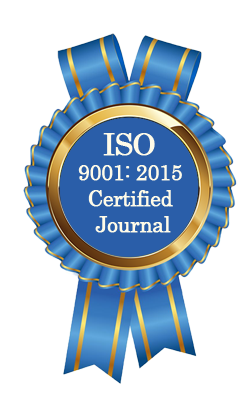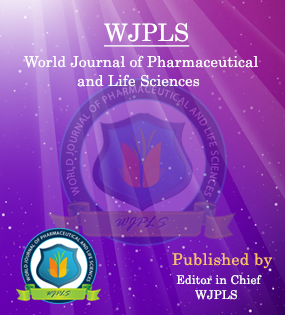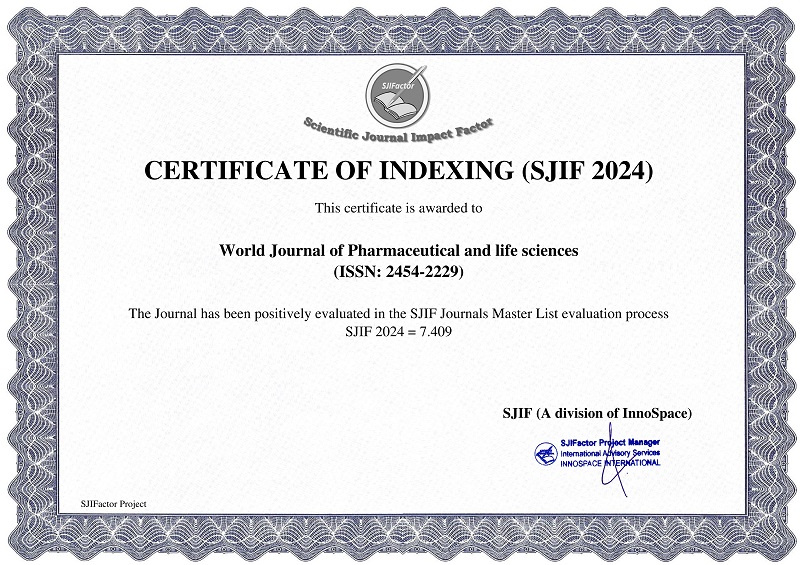Abstract
ALZHEIMER’S DISEASE: PHARMACOLOGICAL ASPECTS AND DRUG THERAPY
Diksha*, Anshul Chawla, Parminder Kaur and Rajwant kaur
ABSTRACT
Alzheimer?s disease (AD) is a neurodegenerative disease in which there is a progressive loss in the structure and function of neurons. In a neuron, myelin sheath is highly affected in this disease. AD mainly affects the older people and is the fourth largest cause of death. In AD, because of overactivity of APP secretase, activation of ?- and ?-pathways initiate that causes the overproduction of toxic amyloid species i.e. A? oligomers and amyloid plaques. The function of MAPs is to interact with tubulin and assemble them into microtubules to form a microtubule network. Dementia a chronic loss of cognition usually affecting memory and Alzheimer causes 50% to 80% of dementia causes. Molecular mechanisms underlying the pathophysiology of AD are still not known. Currently available drug therapies primarily consist of cholinesterase inhibitors and N-methyl-D-aspartate receptor antagonist approved by the U.S. Food and Drug Administration (FDA) and some neuroprotective agents. Various target specific drugs from natural, organic and inorganic origins are studied which with the help of animal models can be evaluated to show a potential in the treatment of AD. All these available drugs show only symptomatic relief but not treating the cause of this disease.
[Full Text Article] [Download Certificate]WJPLS CITATION 
| All | Since 2020 | |
| Citation | 590 | 424 |
| h-index | 12 | 10 |
| i10-index | 17 | 14 |
INDEXING
NEWS & UPDATION
BEST ARTICLE AWARDS
World Journal of Pharmaceutical and life sciences is giving Best Article Award in every Issue for Best Article and Issue Certificate of Appreciation to the Authors to promote research activity of scholar.
Best Article of current issue
Download Article : Click here





